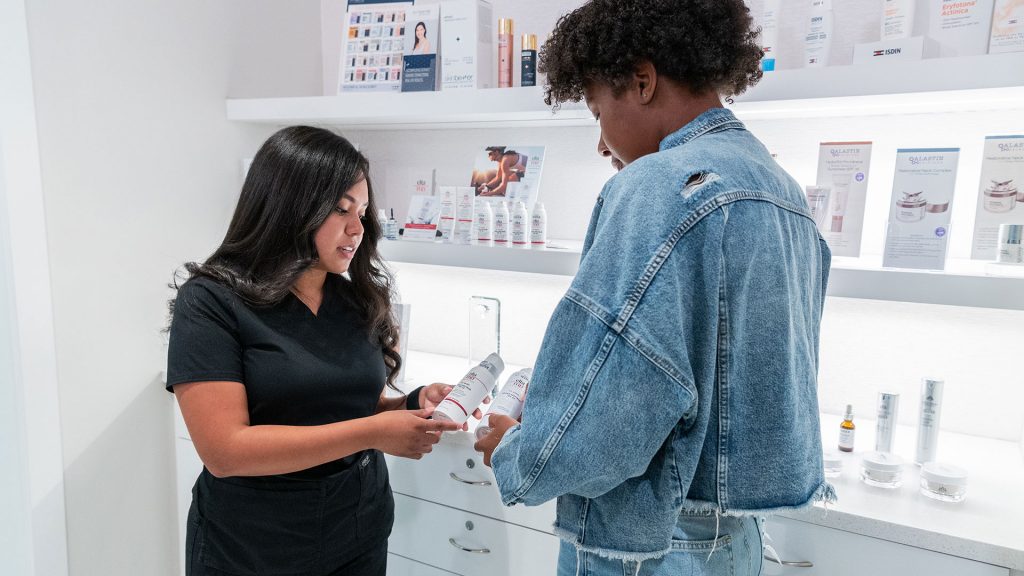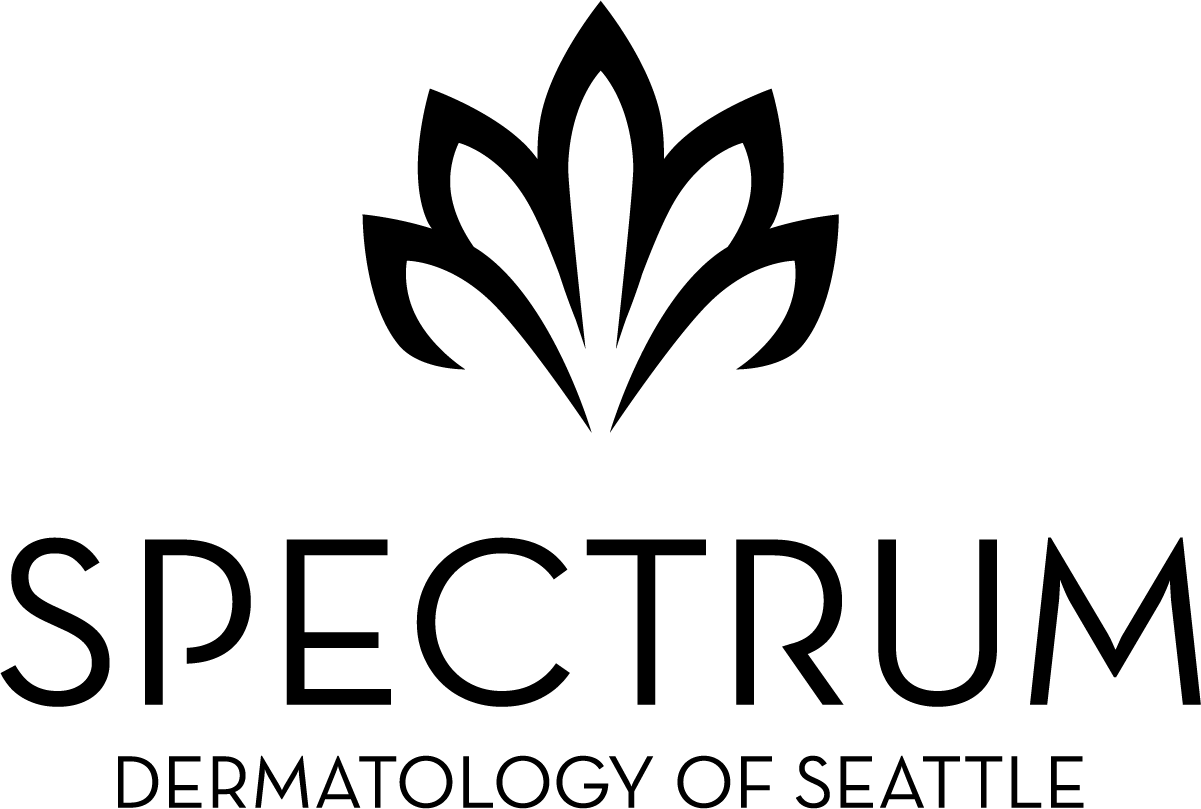Hint: it's not cost.
Pharmaceutical grade skin care products are regulated by the FDA in the same way as medications. This means the ingredients must be 99.9% pure, be scientifically proven to do what is claimed, and not contain fillers or impurities. Pharmaceutical grade skin care products are sold only through medical clinics or directly from the manufacturer.
Cosmetic grade products are available at drug stores and department stores as well as online. Cosmetic grade products are not held to the same standards as pharmaceutical grade products, or really much standards at all. Manufacturers of cosmetic-grade ingredients are not required to demonstrate ingredient quality, percentage, or total content. Cosmetic Grade skin care is not subject to any regulations, safety testing or required review of ingredients! What this means is that cosmetic-grade products may be made with inferior, impure ingredients, contain fillers, offer minimal effectiveness, and they can make extravagant claims that are not backed by any evidence. There may be effective and safe cosmetic grade products out there, but because the data is not provided to evaluate them, it's impossible to know which products those may be.
So, cosmetic grade products are inferior to pharmaceutical grade products. Surprisingly, this doesn’t mean costs are lower. Some cosmetic grade products come with a very high price tag. But likely what you’re paying for is the name. How do you get what you pay for? Look for pharmaceutical-grade products.
The products we offer for sale at Spectrum Dermatology of Seattle are all pharmaceutical grade. This means that they must be pure, potent, and effective. We have personally selected each of these products based on quality, effectiveness and safety.










